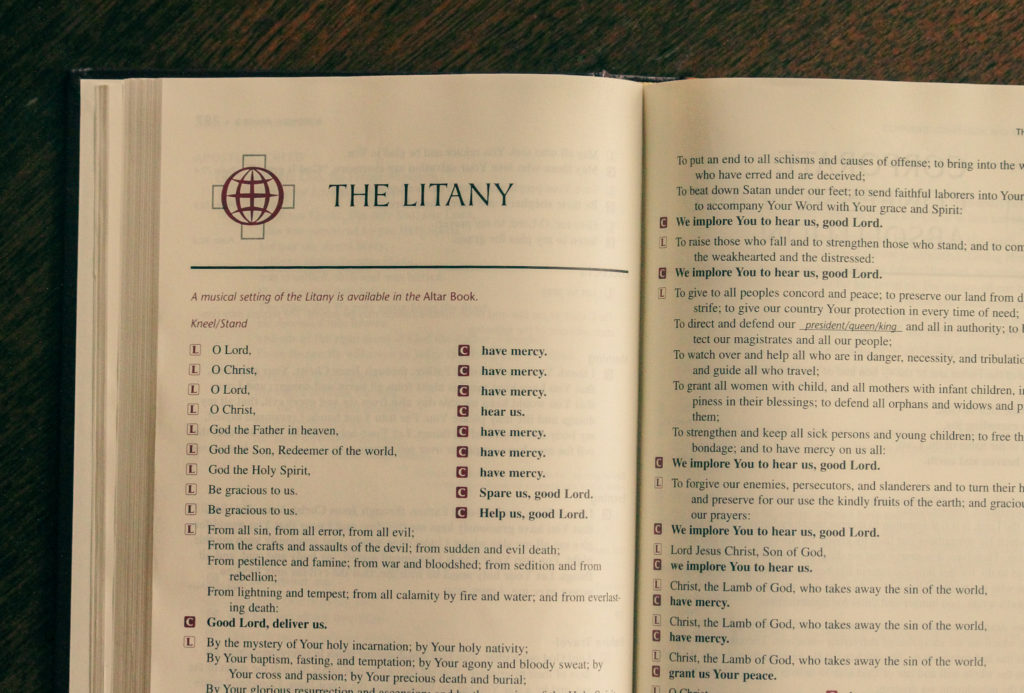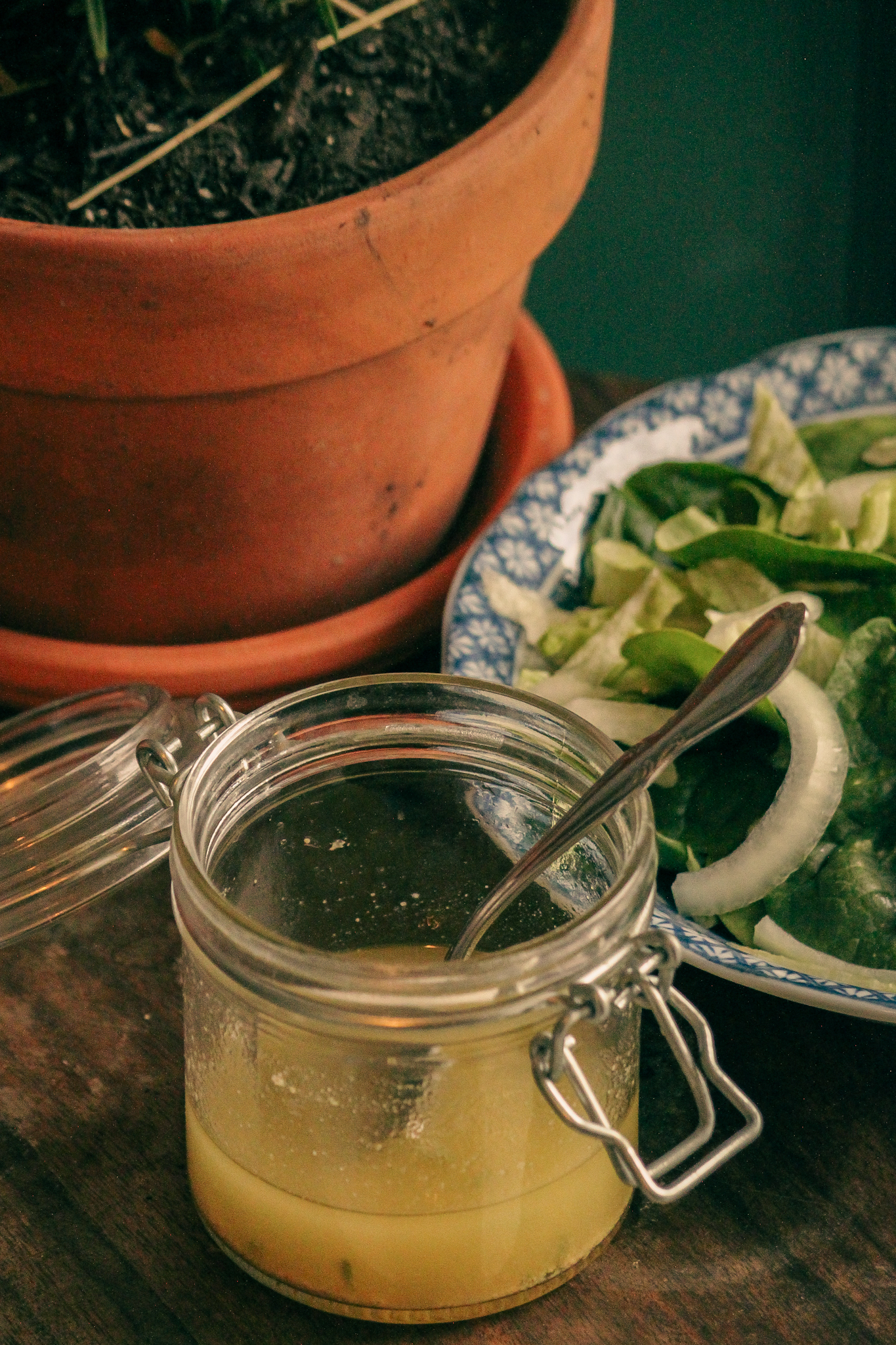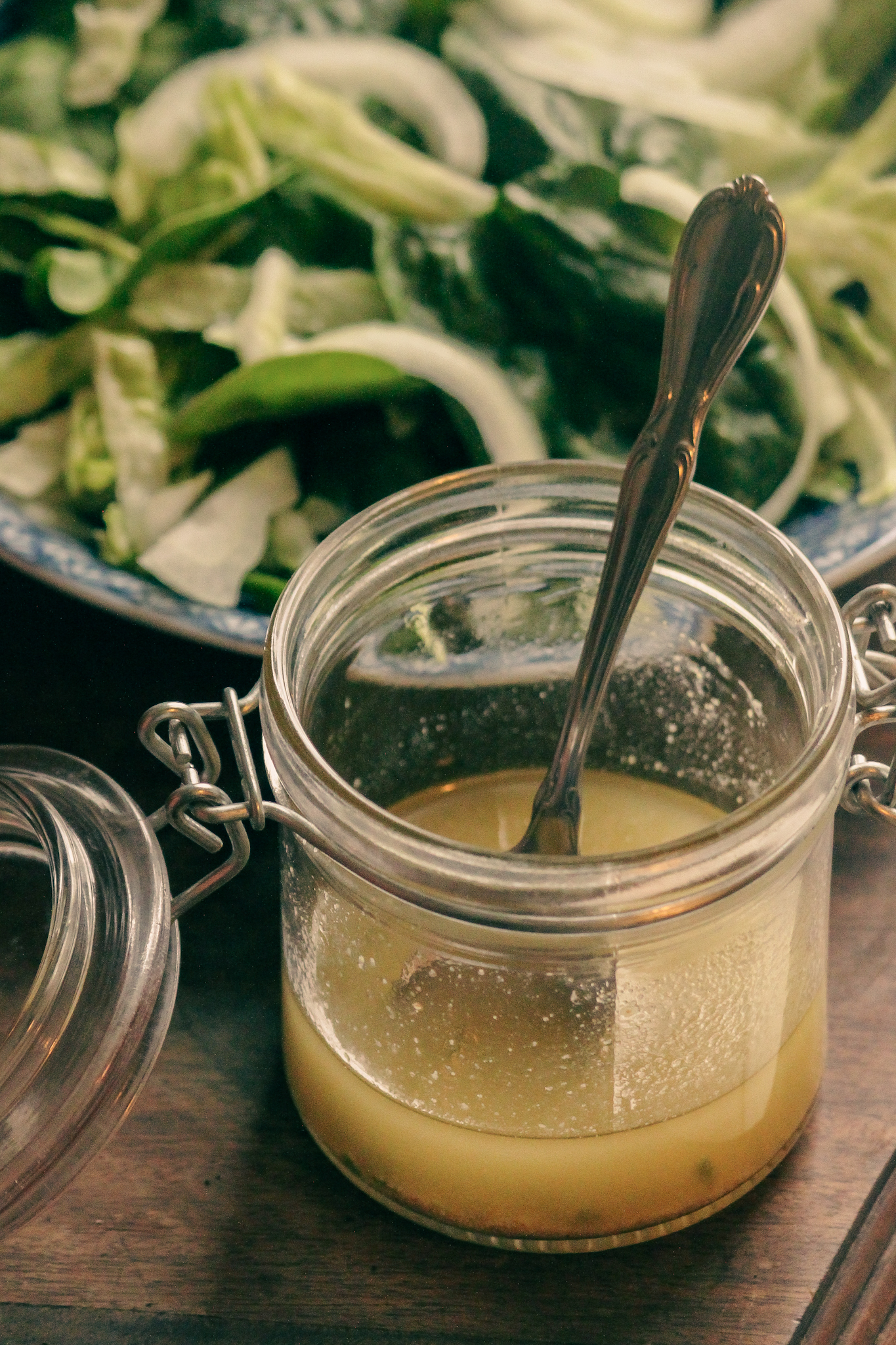History
Rogate Sunday denotes the beginning of what are known as the Rogation Days, a three-day period that falls on the Monday, Tuesday, and Wednesday leading up to Ascension (which is always on a Thursday). The words rogate and rogation both come from the Latin root meaning “ask” or “pray,” so naturally the Rogation Days are special days set apart for just that: Christians praying, petitioning our Father in heaven.
A connected feature of the Church’s calendar is the Major Rogation, which falls on St. Mark’s Day, April 25th. Then there are these Rogation Days, known as the Lesser Rogation. It is worth noting that the words “lesser” and “greater” do not have anything to do with when they were instituted—the lesser actually predates the greater. Both sets of days have historically been connected with great catastrophes and natural disasters. Thus, they have retained prayers that specifically ask that the Lord would stave off pestilence, war, and harm to crops.
To help you commemorate Rogate Sunday and this larger rogation season within the Church year, we posit four different traditions that you can implement at home.
Rogate Traditions

Rogation Walk
Perhaps the most fitting tradition for Rogate Sunday and the days leading up to Our Lord’s Ascension is Perhaps the most fitting tradition for Rogate Sunday and the days leading up to Our Lord’s Ascension is to go on a rogation walk as we discuss in this post in connection with St. Mark’s Day. The procedure for both St. Mark’s Day and Rogate Sunday would both be the same, and both are refreshing and good to do on a spring day in April and May, when Rogate Sunday always falls!
Rogation Litany
Another tradition is to pray the litany. A litany is a kind of responsive prayer, a form that God’s people have used since the Old Testament. One example of such responsive prayer can be found in Psalm 136, where Israel responds after each petition, “His mercy endures forever.” Another example are the words of the litany service, which is still used in our churches today and is often prayed especially during Lent and other penitential times.
In the early days of the Church, litanies such as these were often prayed while the priests and Christians processed from inside the church around the building and out into the town and fields, which caused the Rogations themselves to be referred to as the “Processions,” something we also mention in our St. Mark’s Day tradition post.
If you are looking to pray the litany, it can be found on page 288 of the Lutheran Service Book and is a beautiful, ancient prayer covering petitions for the fruits of the earth, for the end of war, and much more!
Bach Cantatas for Rogate Sunday
From the works of Bach we have two cantatas composed specifically for Rogate Sunday: 86 and 87. Both A third way to commemorate Rogate Sunday is to listen to music! From the works of Bach we have two cantatas composed specifically for this day of the church year: BWV 86 and 87. Both illustrate the theme of prayer and meditate on the words from John 16, Rogate Sunday’s Gospel reading. Bach’s Cantata 86 comes from verse 23: “Truly, truly I say to you,” and Cantata 87 from our Lord’s words in verse 24, “Until now you have asked nothing in my name.” Listening to either or both of these beautiful pieces of art would be an enriching and appreciative practice to partake in on Rogate Sunday!
Rogate food: Locally grown, home cooked, and enjoyed outdoors
Lastly, in the vein of praying for an abundance of the fruits of the earth, a fitting activity for Rogate Sunday is to support local agricultural industries by enjoying a fresh, local meal. One idea is to throw together a fresh salad with your toppings of choice, depending on what’s available to you or what you can forage for nearby. To top it off, you might try this homemade dressing (see below) that pairs nicely with nearly any salad and can be whipped up in merely seconds.
You can get creative here, but we suggest that you tie the meal together by involving the family in praying for the bountiful goodness God has provided and that he would continue to look with favor upon the crops of the earth and the people who produce them.
No matter how you choose to commemorate Rogate Sunday—through walks, litanies, music, food, or all of the above—we hope that this day will be a fruitful one for you and provide you with an opportunity to come to the Lord in prayer, asking him to provide for you and his earthly kingdom.


Lemon Herb Dressing
Ingredients
½ cup olive oil
Juice from ½ lemon
1 teaspoon mustard
1 tablespoon honey
1 tablespoon herbs of choice (thyme, parsley, rosemary)
¼ teaspoon salt
Instructions
- Combine all ingredients, adding salt to taste. Drizzle over a fresh tossed salad. Enjoy!
Resources:
1. https://www.bach-cantatas.com/Topics/Cantatas-Rogate.htm


Leave a Reply